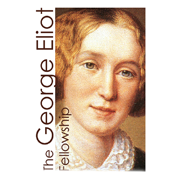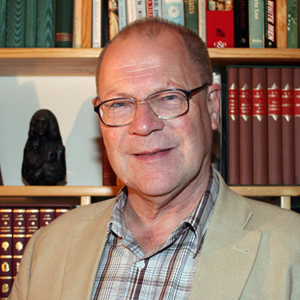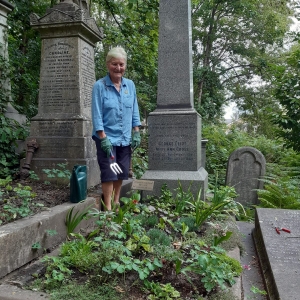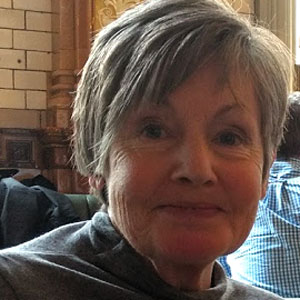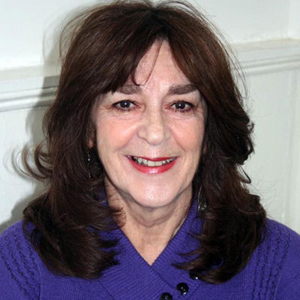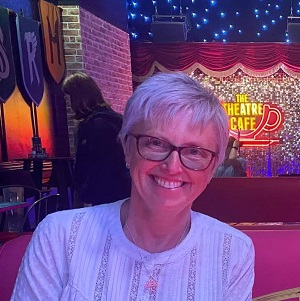The Council
The George Eliot Fellowship
President
I studied at the universities of Cambridge and Sussex and taught first at the University of Bonn, Germany, and then in the Department of English and Comparative Literary Studies at the University of Warwick from 1971 to the end of 2009, when I retired as Reader Emeritus. I have been co-editor of the George Eliot Review since 1994 and a member of the Fellowship since before that. In 1992 and 1995 I helped organize two conferences at Warwick in conjunction with the Fellowship: ‘George Eliot and the Heart of England’ and ‘George Eliot and Europe’. A collection of essays arising from the latter was published as George Eliot and Europe (1997), and I have also edited the Everyman Paperback edition of Daniel Deronda (1999), and the Oxford Reader’s Companion to George Eliot (2000). My other publications include Realist Fiction and the Strolling Spectator (1992) and George Eliot, European Novelist (2011). In 2022 I had the honour of taking over from Jonathan Ouvry as President of the Fellowship
Chair
George Eliot was just one of the many novelists one reads for a degree, but it was coming to Nuneaton and Coventry as a teacher that drew me to look more deeply and with increasing interest into this extraordinary writer who grew up and lived locally for the first half of her life. My interest in local history and photography have supported the literary interest.
I was a member of the Fellowship for many years before joining the Council and in 2006 I took over from Bill Adams as chair. For some years the succession of 150th anniversaries of the novels gave us useful reference point, all leading to the 2019 bicentenary celebrations. There is still great joy in returning to the texts and being amazed again at her wisdom and compassion.
Vice Chair
I joined the Fellowship on moving to Warwickshire. Readings of George Eliot’s work by Gabriel Woolf and Rosalind Shanks, bringing to life the scenes and characters remembered from childhood have been a not-to-be-missed experience as have Vivienne Wood’s adaptations of Eliot’s novels performed by local theatre company Sudden Impulse. I love dipping into the Fellowship archive of Eliot –related items, an exciting experience which will be available to all enthusiasts once the Visitor Centre is open.
I especially enjoy gardening at George Eliot’s grave in Highgate Cemetery. It is exciting to meet global visitors who come to pay homage, hear their stories and share information about the Fellowship.
In February 2020, the 90th anniversary of the formation of the George Eliot Fellowship, I addressed the Antipodean George Eliot conference at the University of Sydney on the role of this very special Literary Society.
Minutes Secretary
Nuneaton born and bred, I won a copy of Adam Bede as a prize for a junior school George Eliot project, and later wrote a dissertation for my English degree on the male protagonists in George Eliot’s major novels. My career in arts marketing took me all round the country until I returned to live in the Nuneaton area in the 1990s.
I went along to some Fellowship events, got chatting to John Burton, became enthused once more and was recruited to the Fellowship Council.
Membership Secretary
Swiss born and having spent my formative years in New Zealand, I found my way to the George Eliot Fellowship because I was looking for a literary Midlander who would be of interest to a friend, visiting me for the first time. It has led to my making fresh discoveries in her books and getting to know many interesting people who are fascinated by Mary Ann Evans.
Council Member
I have been a member of the GEF for many years and served on the Council for a time during the leadership of Kathleen and Bill Adams. After retiring from a career teaching English and Drama I was able to become more actively involved in the Fellowship and in 2016 I joined the Council once more.
My interest in drama, music and art has enabled me to contribute to the organisation of Fellowship events, such as Lesley Smith’s superb portrayal of the life of Mary Ann Evans, Meet the Woman, commissioned to mark the bicentenary of her birth. Also, during Lockdown, I wrote the Silas Marner Activity Book to accompany Viv Wood’s wonderful adaptation of the novel.
I enjoy my work on the Council and it is a privilege to be constantly learning more about the life and work of this remarkable writer.
Treasurer
Archivist
I have been involved with the Fellowship since 2009. In March 2020 I stepped down as membership secretary and later on that year started cataloguing the fellowship's archive collection which for several years was stored at the home of Kathleen and Bill Adams.
